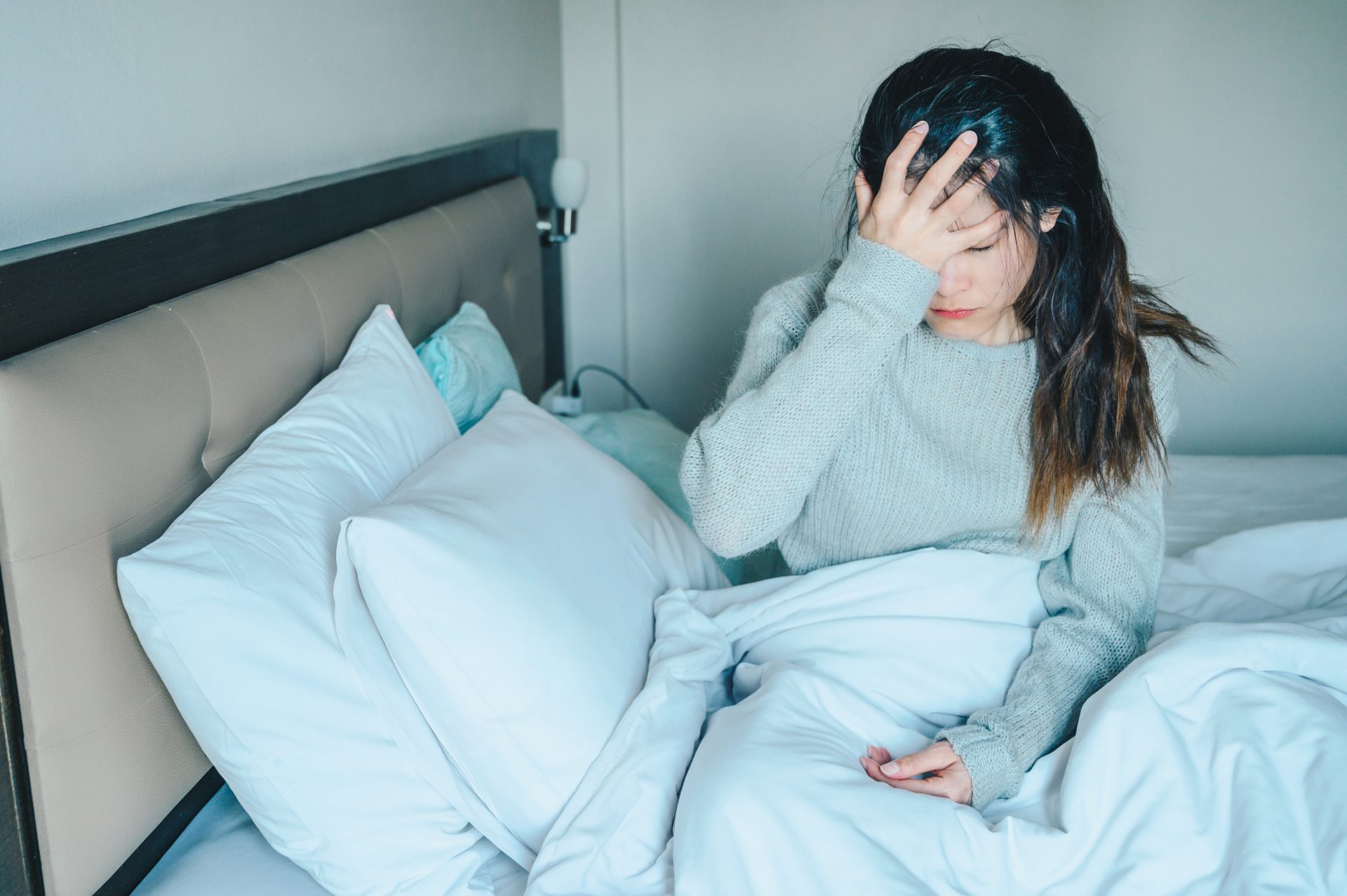How to nap correctly, according to an expert
A nap might be your first port of call after a night of tossing and turning. But are naps really all they’re cracked up to be? We asked a sleep expert for her insights into the pros and cons of napping and how to make the most of a daytime snooze.
There are few things better than a good night’s sleep. Unfortunately, though, far too few of us in the UK regularly get to experience that blissful feeling that comes with being totally well rested.
According to a sleep survey carried out by online pharmacy Chemist4U, the average person only gets between 5.78 and 6.83 hours of sleep each night, meaning that many are missing out on the NHS recommendation of between six and nine hours, and many more are only just managing to pass that lower benchmark.
For those who struggle after a poor night’s sleep, or even if you’re just feeling a little groggy, it can be hard to resist the temptation to take a nap. And, in some cases, that’s a good thing to do.

As consultant physiologist and director of the Sleepyhead Clinic Stephanie Romiszewski explains, “if naps are done properly and for the right reasons, they can aid memory, help us regulate emotions, improve learning and, of course, reduce sleepiness.”
But getting a nap just right isn’t necessarily the easiest thing to do, and sneaking in a sleep during the day can have its drawbacks if you’re not careful.
“If you nap for too long you get sleep inertia,” says Stephanie, which is “that feeling of grogginess that can stick with you for a while.” Longer naps are also “associated with diabetes and depression,” and, while shorter naps of 30 minutes or less have been found to be beneficial in preventing heart disease, any longer than that and you can actually increase your risk of developing cardiovascular conditions.
You may also like
Is weight training good for your heart? Fitness trainers explain if lifting helps your cardiovascular system
So what makes the perfect nap? Well, according to Stephanie, the ideal nap “should be under 30 minutes,” and you should aim to take it “earlier in the day so that it’s less likely to affect your sleep at night.”
It’s also important to ensure that you only nap “as a way of either pre-empting a lack of sleep or alleviating one off sleep deprivation,” Stephanie continues. Napping regularly to try and compensate for poor sleep at night will only make your problem worse, “because you end up reducing the natural sleep pressure that builds up during the day.” It also “teaches your brain that you want broken sleep,” which will make sleep issues that much harder to fix.
Follow @StrongWomenUK on Instagram for the latest workouts, delicious recipes and motivation from your favourite fitness experts.
Images: Getty
Source: Read Full Article
